Episode 06: Competing Visions for a New Era of Globalization
The U.S. economic relationship with Europe is the most intense and largest economic relationship on the planet. Bigger than U.S.-China trade, or any other for that matter. Earlier this week, …
Can the EU thrive in an era of power-based trade?
The European Union is not only a major stakeholder of the economic arm of the liberal international order. It is also one of its key building blocks. While the United …
Episode 05: Transatlantic Relations and the Evolving View of China
China has represented opportunity—both geopolitical and economic—since its dramatic openings in the 1970s. There are, of course, the opportunities for China itself: hundreds of millions of people have escaped poverty …
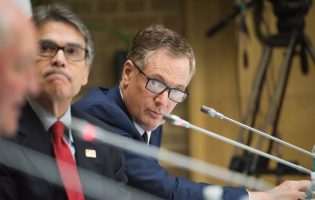
USTR Reveals Its Hand on U.S.-EU Trade
At his meeting with European Commission President Jean-Claude Juncker in July of last year announcing the launch of U.S.-EU trade talks, President Trump called it a “very big day for …
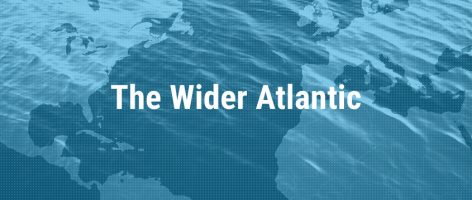
Welcome to The Wider Atlantic
The Wider Atlantic blog examines the United States, Germany, and the European Union from a national interest perspective. It takes a wide-angle look at the policies, agreements, and institutions that …
Episode 04: One of the Largest Deals Ever Made: Talking Trump, China, and Trade
On December 1, President Trump and Chinese President Xi Jinping met during the G-20 summit in Argentina and agreed, it seems, to put the economic disputes on ice. No raising …
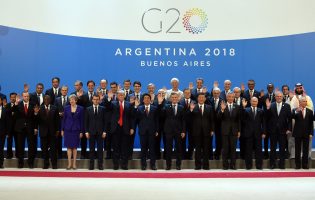
A G20 Reality Check Eases Global Trade Tensions
Less is more, said the German Bauhaus architect Ludwig Mies van der Rohe. That may be the inspiration behind the fewer than 100 words the G20 leaders devoted to trade …
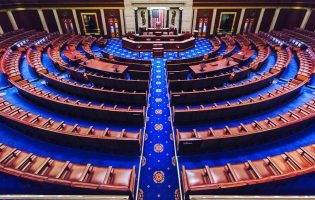
On Capitol Hill, Transatlantic Trade Returns to Its Roots
Once, when I was trying to explain to a German acquaintance the personalities and geography of U.S. trade politics, I casually mentioned that despite skepticism toward trade among many Democrats, …
Episode 01: Talking Transatlantic Trade: Will the truce hold?
Trade is a top issue in the transatlantic relationship. Since he took office, President Trump has been focused on the U.S. trade deficit and economic competition with Europe, with China, …
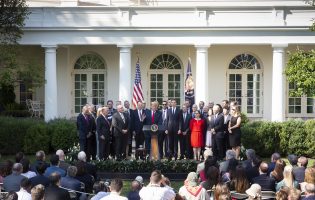
After NAFTA: What the USMCA Means for Germany and Europe
October 1 saw the birth of the “United States-Mexico-Canada Agreement” that will replace NAFTA, the 25-year old accord that governed trade among the three North American countries. While the EU …
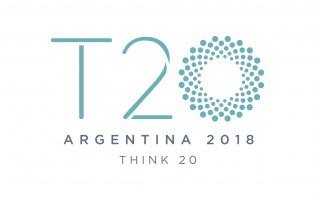
AGI Senior Fellow Peter Rashish Joins T20 for Presentation of Communiqué at Summit in Argentina
Washington, DC, September 25, 2018 – AGI Senior Fellow and Director of the Geoeconomics Program Peter Rashish joined other members of the Think 20 to present its Communiqué to President …
U.S., EU Negotiators Meet in Bid to Ease Trans-Atlantic Trade Tensions
“While this refound enthusiasm for strengthening trans-Atlantic economic ties holds promise, both the United States and the European Union have learned from experience that progress is not guaranteed,” Senior Fellow …




